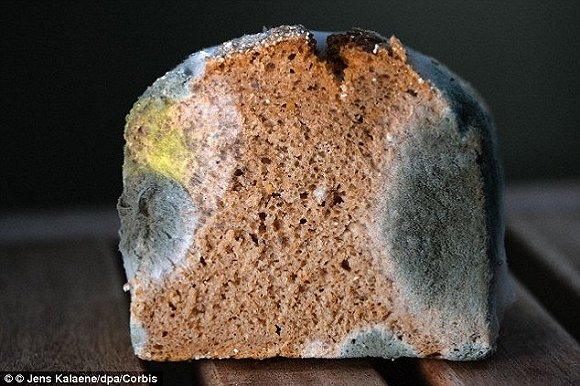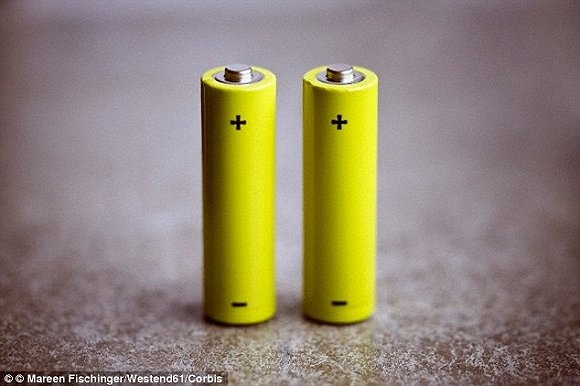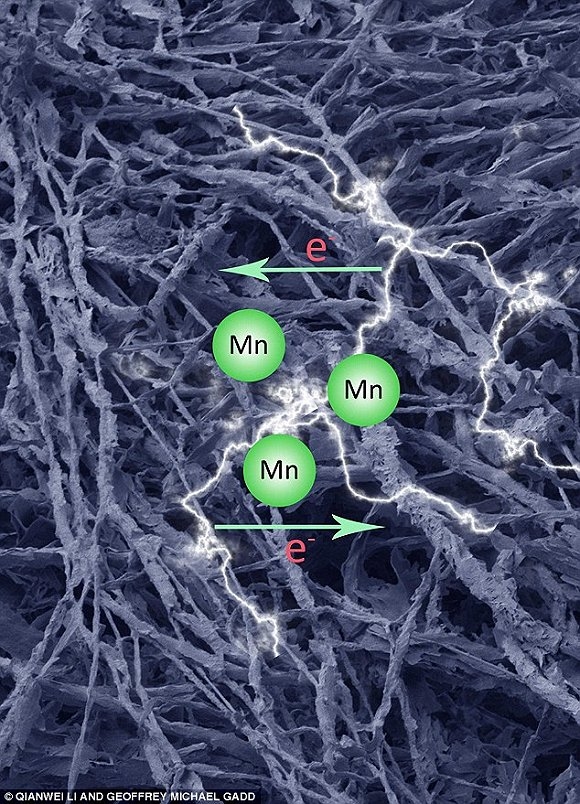You may not know that moldy bread hidden in the hidden corners of the kitchen could help synthesize lithium-ion battery materials.
The research team of the University of Dundee recently published a research report in the academic journal Current Biology, using green fungi on moldy bread (scientific name Neurospora crassa). The biomineralization process fixes the metal manganese and iron, and then carbonizes at a high temperature of 300° C. to obtain an electrode material capable of manufacturing a lithium ion battery and a capacitor. For the first time, this study applied the fungal biomineralization process to the manufacture of electrode materials.

Fungus on mouldy bread, scientific name Neurospora crassa.
About 90 years ago, mouldy bread was at the heart of one of the most important medical discoveries of the last century. In 1928, the British bacteriologist Alexander Fleming discovered that certain secretions of fungi on moldy bread had antibacterial activity. This antibacterial substance was later called penicillin, the world's first antibiotic.
The research team at Dundee University has long been dedicated to the study of fungi as a model organism commonly used in biological research. The previous experimental results demonstrated that the fungus has a magical transformation function. It transforms the toxic lead and uranium into more stable materials through the biomineralization process.

The manganese oxides of the carbonized fungi produced by the biomineralization process are ideal materials for the manufacture of lithium ion batteries and capacitors.
The research team mixed experiments with Neurospora crassa with a certain amount of manganese chloride and other substances. After a while, they found that the surface of the fungal mycelia was covered with a large amount of manganese carbonate. Then, the resulting mixture was heat-treated at 300C to obtain a manganese material-containing carbon material.
"We tested the electrochemical performance of this carbonized fungal mixture in supercapacitors and lithium-ion batteries and found that it has very good electrochemical properties," said Professor Geoffrey Gadd, who led the study. The material exhibits good cycle stability, and compared to other manganese oxides in lithium-ion batteries, the material can maintain more than 90% of the battery capacity after 200 cycles of charge and discharge.
Other studies aimed at improving the performance of lithium-ion batteries and supercapacitors have focused on the use of alternative materials such as carbon nanotubes and other manganese oxides. But researchers at Dundee University have opened up a more sustainable electrode production path through the use of fungi. "Fungus biomineralization has a huge potential for biomaterial synthesis and therefore provides a new type of biotechnology for the production of sustainable electrochemical materials," said Professor Gadd.
Professor Gadd said that the team will continue to explore the application of fungi in the production of other valuable metal carbides. In addition, he also believes that this method can also be applied to the recovery of rare elements in other compounds.
Xinhua News Agency reported that Chinese researchers also participated in the study.
Professor Li Lixu, a professor of chemistry at Southeast University who has been engaged in battery research for a long time, said in a telephone interview with the interface news reporter that determining the battery performance is not only a matter of cycle stability, but also considerations such as discharge capacity data and battery voltage. . “In this study, I think academic value is greater than practical value.†Lei Lixu said that the chemical reaction of this study is too slow, the time cost is too high, and there is still a long way to go before industrialization is achieved.

Biochemical filter is the core spectral component in the optical path system of biochemical analyzer, and its optical performance directly affects the accuracy and sensitivity of equipment inspection. The biochemical filter produced by our company has the characteristics of high signal-to-noise ratio, large transition zone change rate, high transmittance, deep cutoff degree and so on.
Biochemical Filter,Laser Detector Filter Cartridge,Filter Laser Cutting Machine,Biochemical Bio Filter
Changchun Champion Optics Co.,Ltd , https://www.champion-optics.com